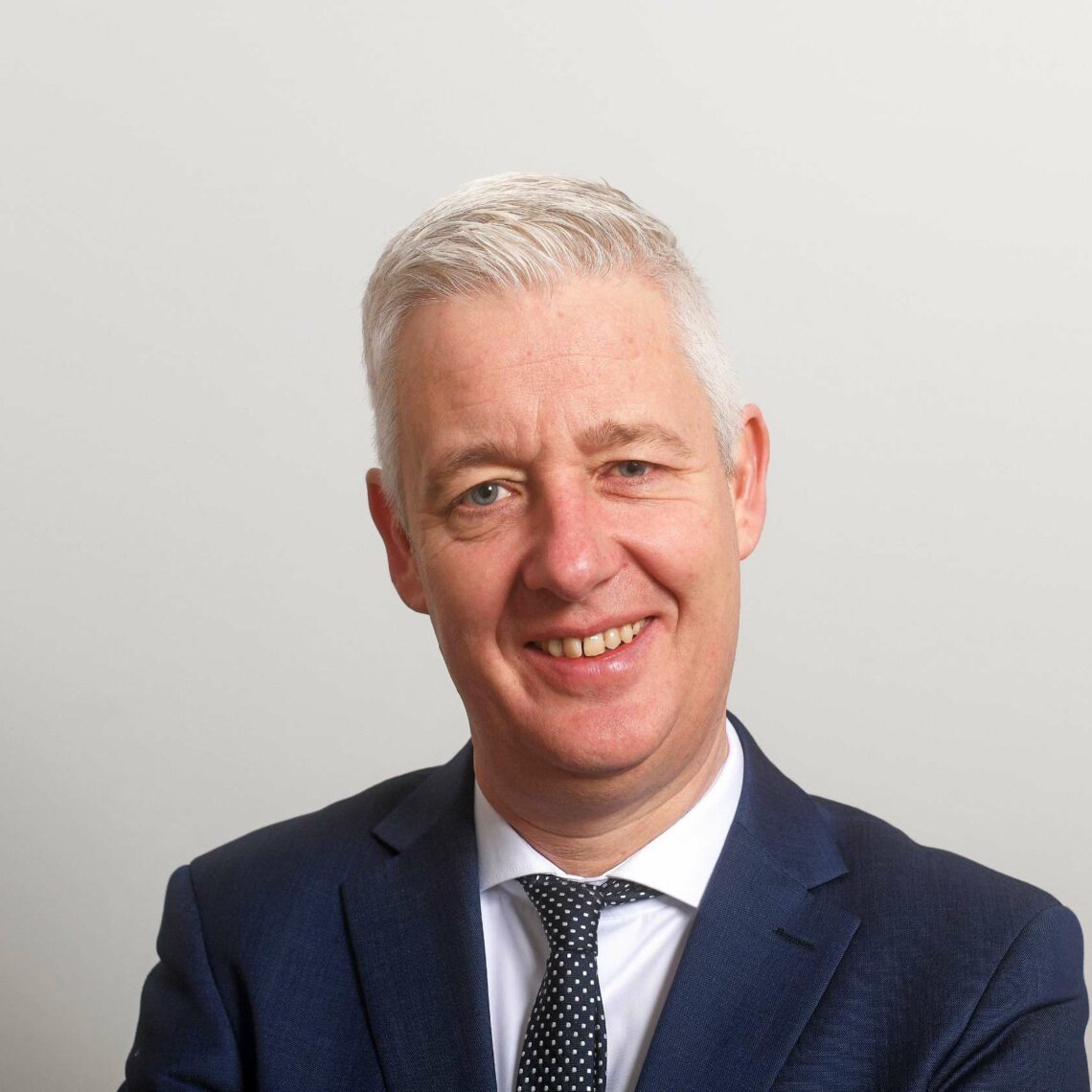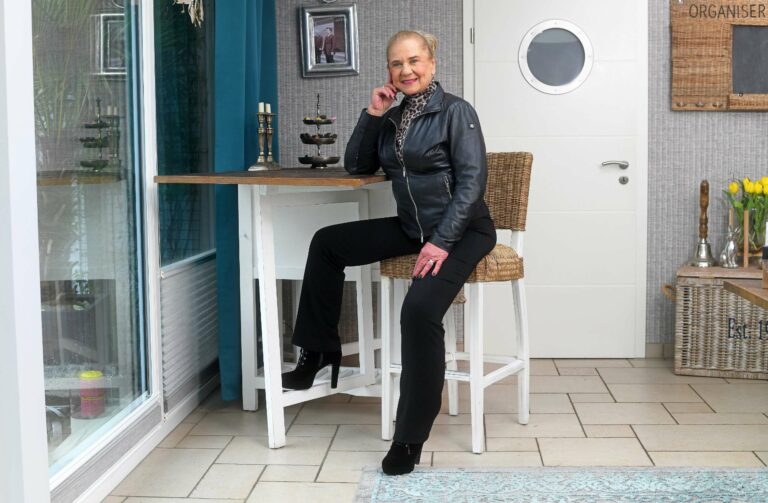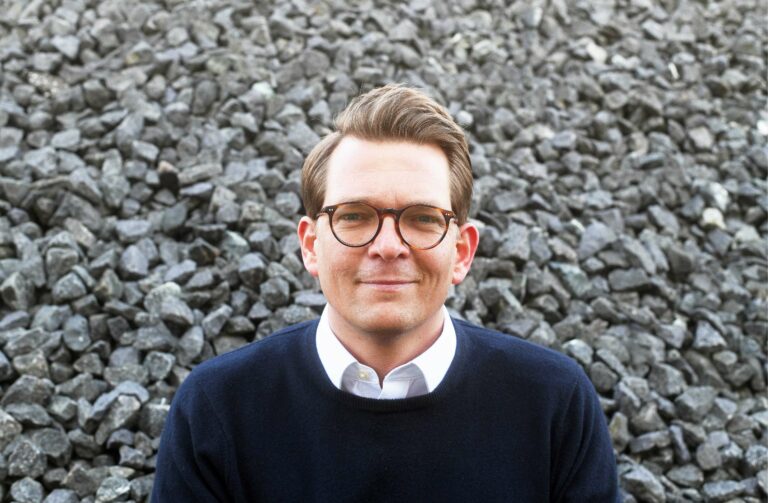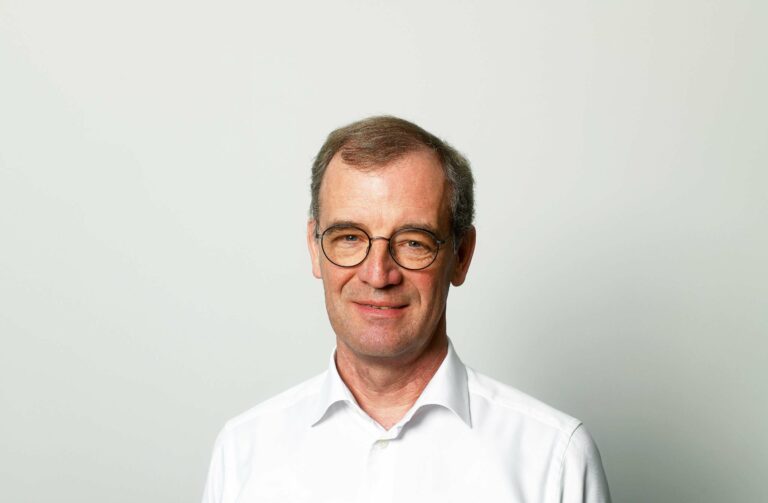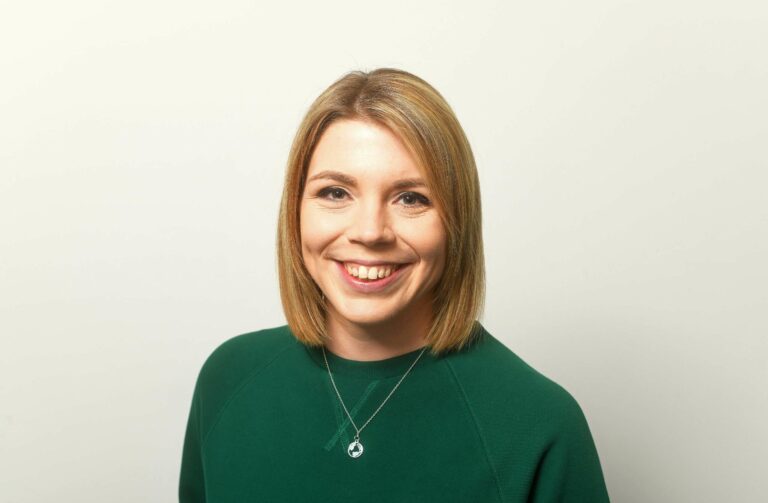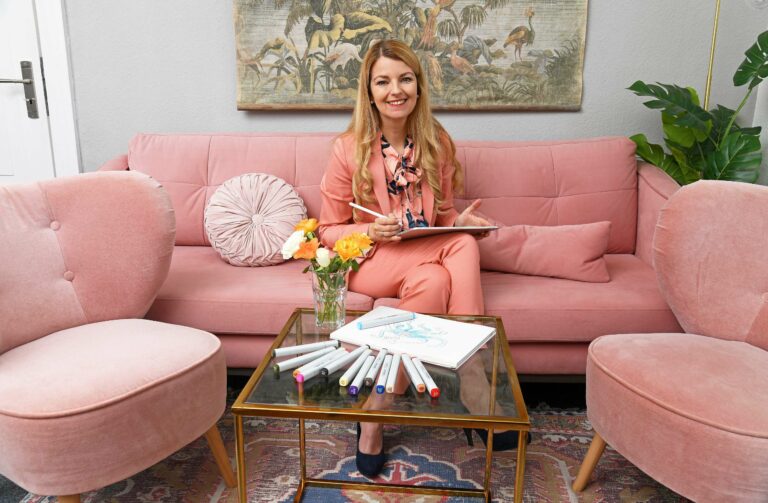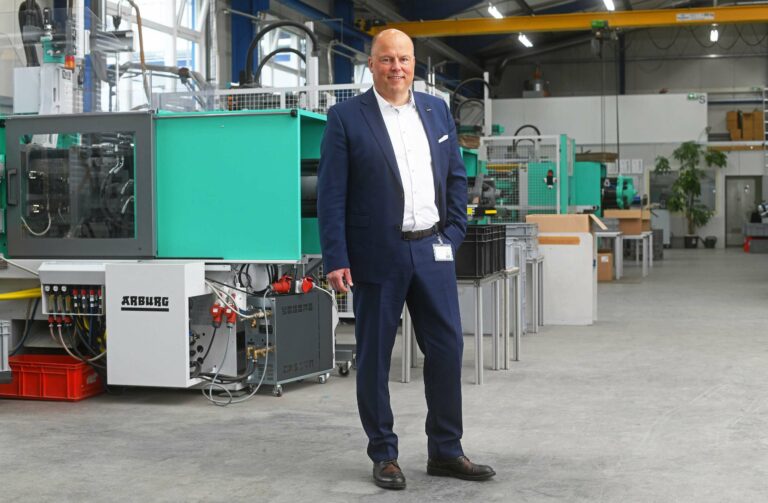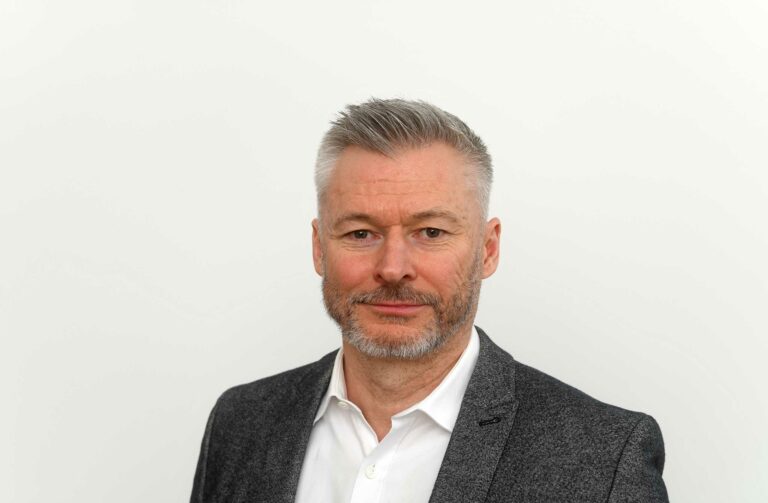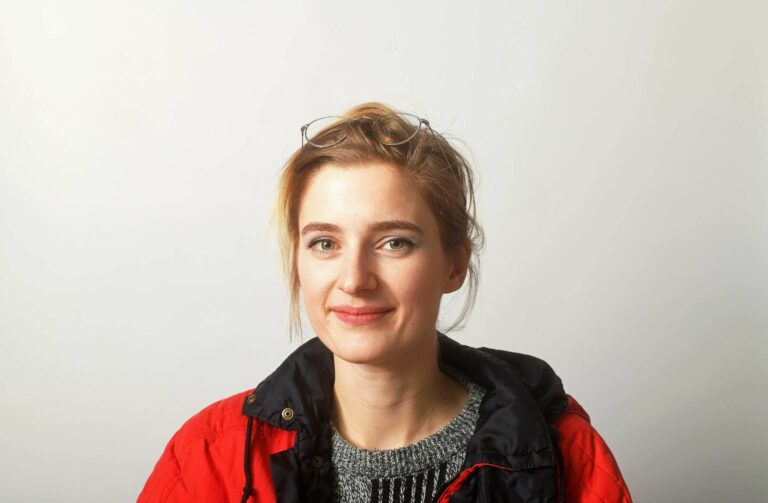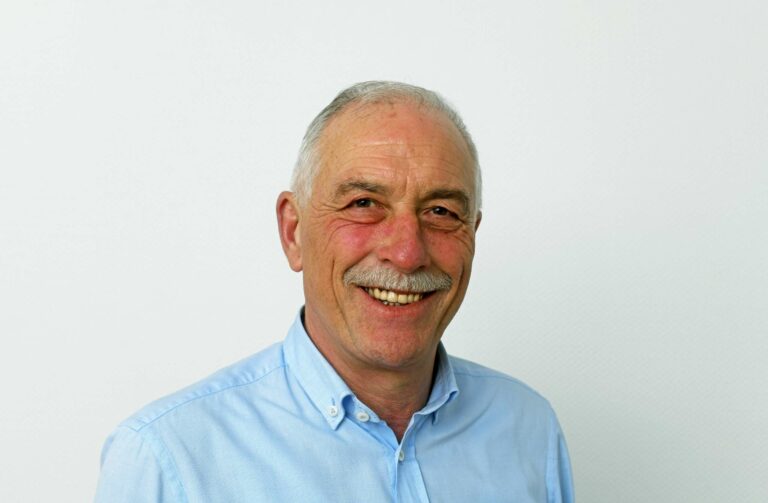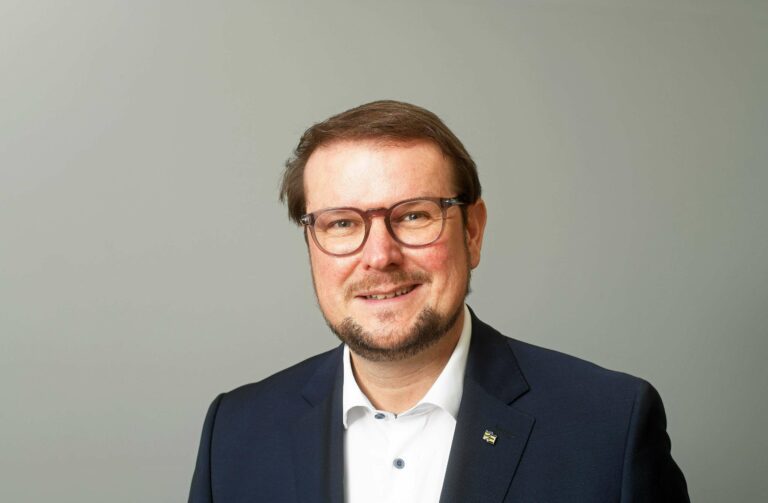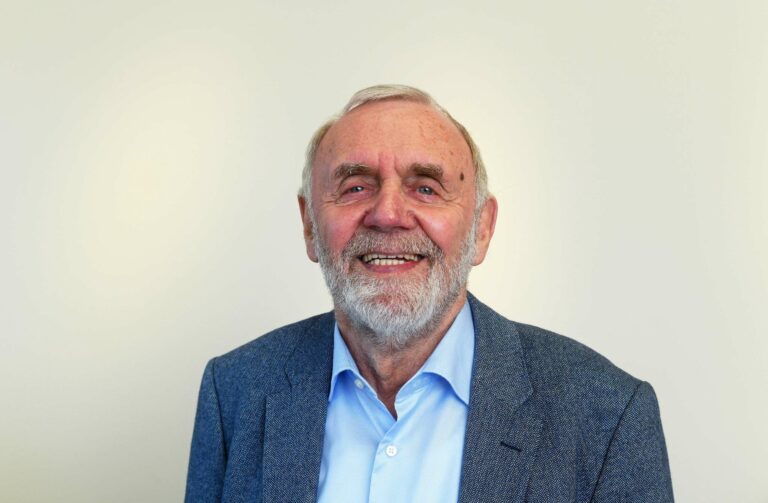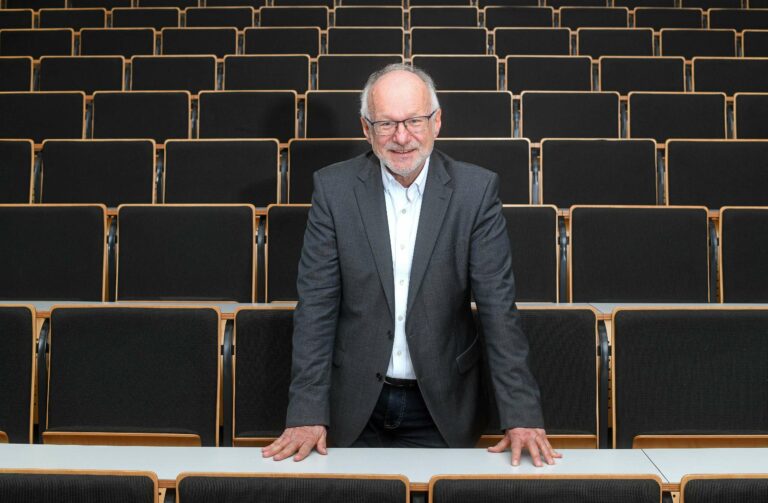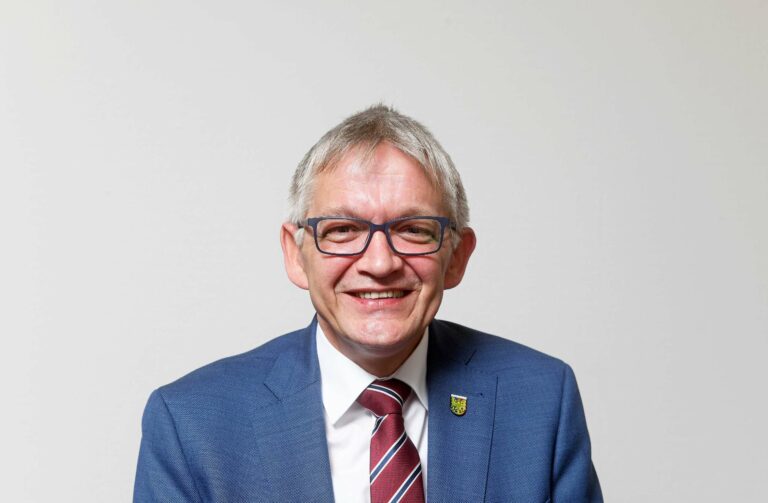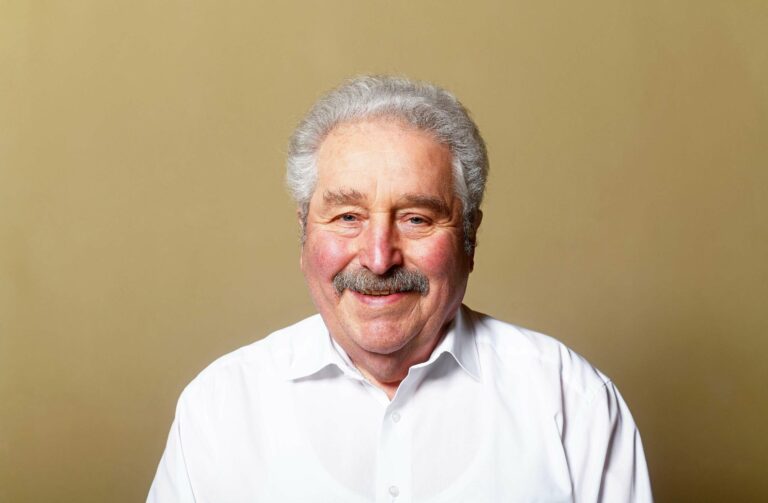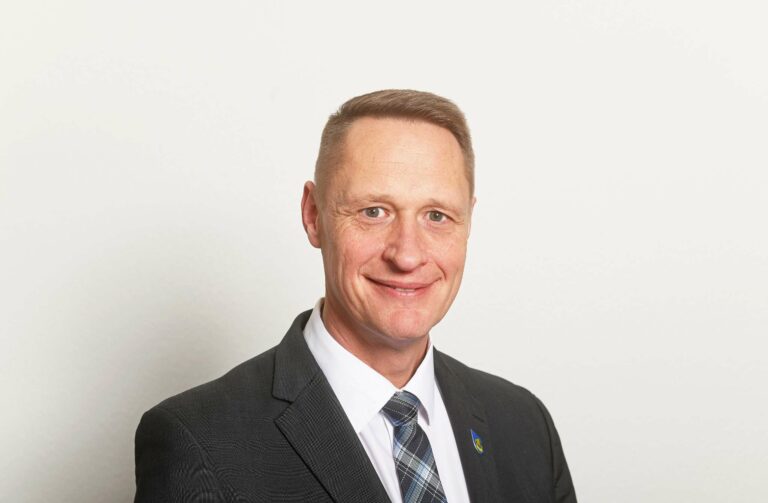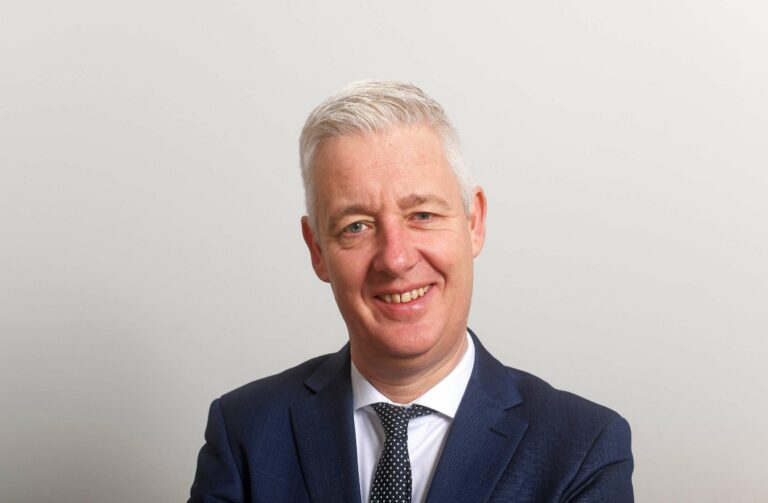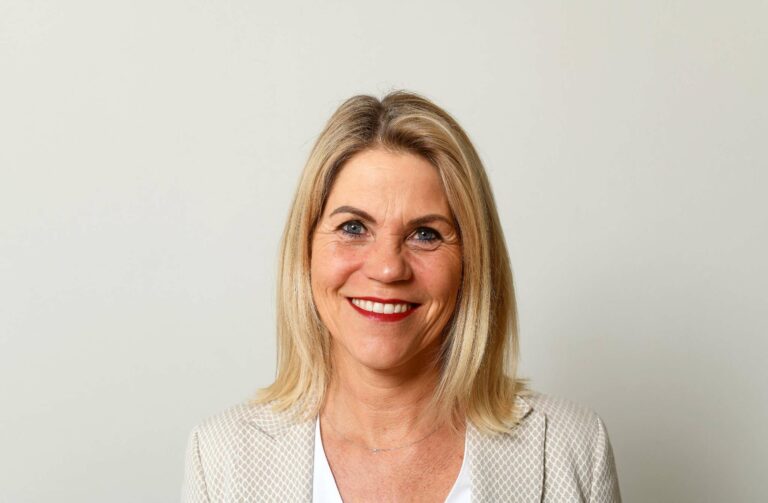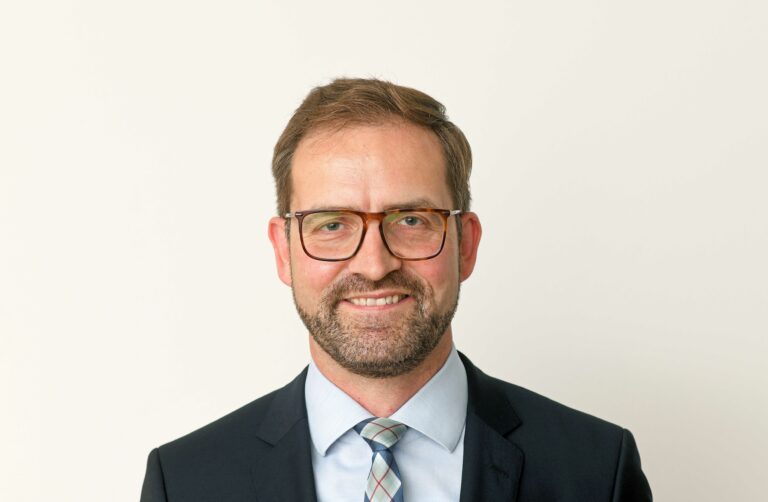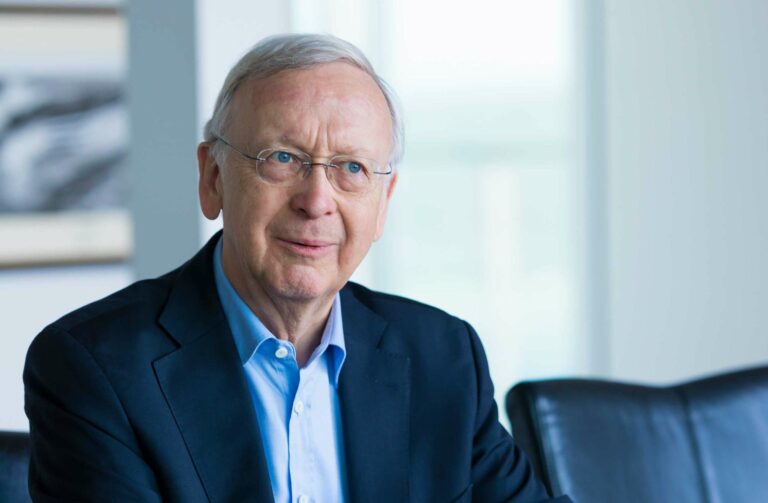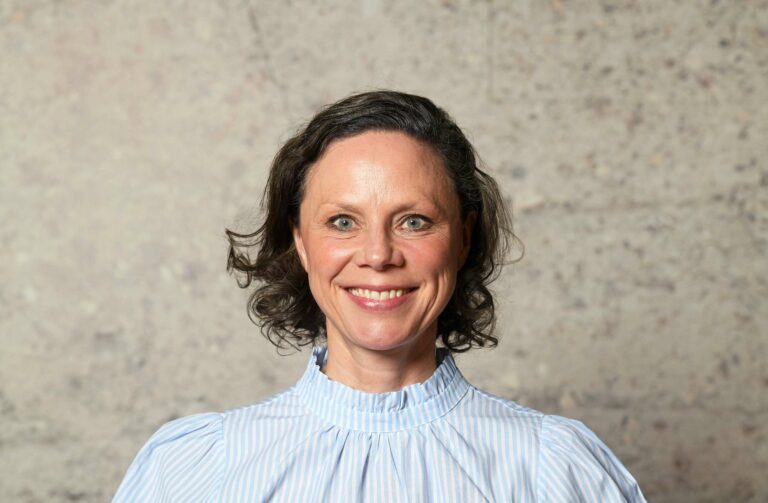“Whatever you can do in a city, we can do here in the country too.”
Brussels and back – after eleven years as a member of the European Parliament, in 2016 Matthias Groote returned home to Ostfriesland. As chief administrator of Leer rural district, Groote is committed above all to digitalisation.
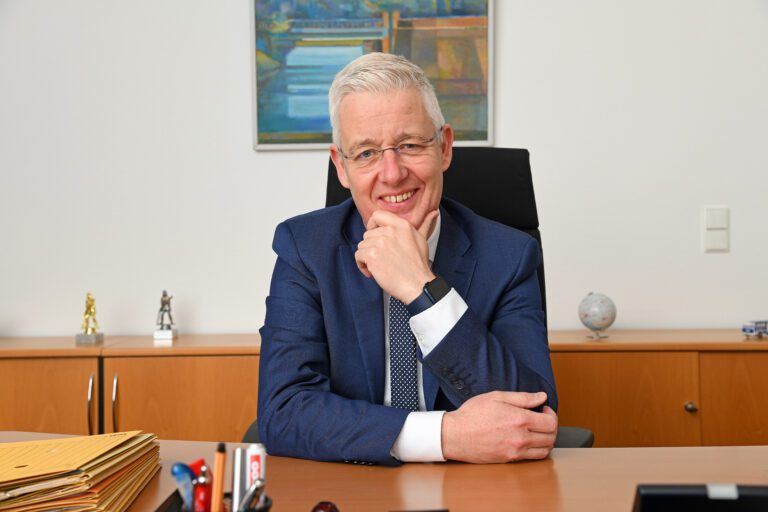
At the age of 15 years, Matthias Groote wanted to be a captain. He worked on a steamer during the summer holidays and later began an apprenticeship with the logistics giant Hapag-Lloyd in Hamburg. But as so often happens, things turned out differently. Today Groote looks back not only on his training as an industrial mechanic and a degree in industrial engineering, but above all on eleven years as a member of the European Parliament. “I’ve always been interested in local politics, and I found the subject of Europe fascinating, living so close to the Dutch border”, explains the SPD politician. “But becoming an MEP in Brussels actually happened more by chance”. At that time, Garrelt Duin from the Aurich-Emden constituency had decided to stand for the German Bundestag and a successor was needed for his seat in the European Parliament. Groote said yes, starting as an MEP in 2005.
Mondays to Thursdays: plenary sessions in Brussels and Strasbourg, weekends with the family in tranquil Ostfriesland. He even took his daughters along to some parliamentary sessions when they visited him in Brussels. “My children were always fascinated by my work. But it’s only now that they are older that they really understand what I was doing”, he says with a grin. It must be said that Groote’s daughters already accompanied him to climate negotiations at the tender age of three years. “The children of MEPs sit in on the negotiations more often than you’d think”. The Scandinavian colleagues in particular find it completely normal for their children to be present in the chamber occasionally, armed with crayons and paper to keep them busy.
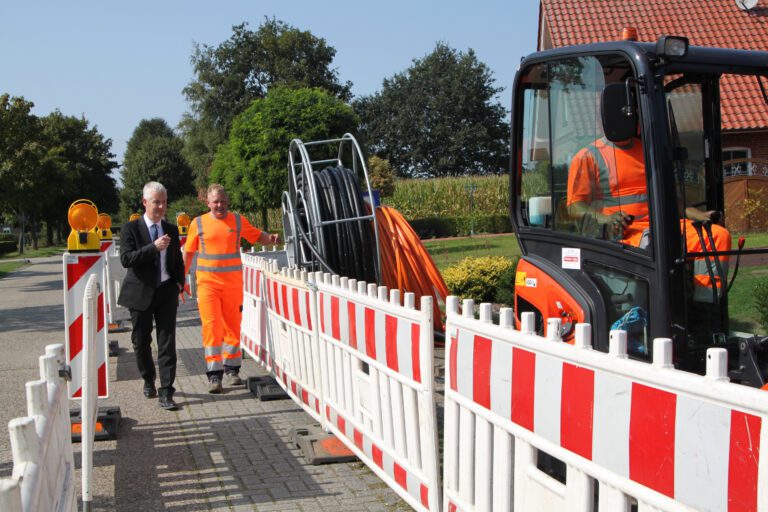
Put to the test for the first time
And so while the little ones draw pictures, the adults set the course for European policy. He got really nervous before giving his first speech to the European parliament, Groote recalls today. Not at all surprising, given that he was put to the test right at the start of his time as MEP: Groote was appointed rapporteur for the emission standards Euro 5 and Euro 6.
In parliament, he succeeded among others in asserting a ban on the automatic shutdown function in cars – and summarises: “History has shown that it was exactly the right thing to do. Actually we should have been even tougher.”
Looking back, Groote describes his time in Brussels as exciting and full of experiences. In particular, he remembers his work in the committee on the environment. He attended meetings of the European Council together with the ministers for the environment of the EU member states, and in 2012 he took part in the World Climate Change Conference in Doha. “Actually it was quite absurd to be talking about climate protection in Qatar, the country with the highest per capita carbon footprint in the world”. Groote remembers the conference, whose results were appropriately described by the Frankfurter Allgemeinen Zeitung as being a “mini compromise”.
”. “When it comes to climate protection, we quickly forget that every single country has to be involved. Europe generates less than 20% of global emissions. You have to get everyone on board, and that is precisely the challenge.” An important step was taken at the World Climate Change Conference 2015 when 195 countries agreed to the Paris treaty on climate change. Groote was present on that occasion too.
Back to his roots
One year later, his time in the European Parliament came to an end. It was time for a new challenge, and one that was on his doorstep. “After twenty years as a member of the local council, I was quite intrigued by the possibilities of playing a direct role in shaping the future of my home town as chief district administrator.” Forecasts indicate continued future growth for the rural district of Leer, which currently has a population of 174,000. Now is the time to set the course to be ready for the more distant future too. That’s the only way to offset the progressive skills shortage, at least to a certain extent, warns the chief district administrator. “Despite all the crises that currently demand our attention, we mustn’t lose sight of demographic change.”
Digitalisation in rural areas is one possible solution. After all, “Whatever you can do in a city, we can do here in the country too.” Groote has always been fascinated by digitalisation. In 2009 he launched the first PolitCamp in Berlin, with the eponymous association being founded in 2011 in Hamburg. “Back then, the PolitCamp was just a vague idea on Twitter”, he recalls. “To start with, we invited the younger MPs from the various parties to a meeting about network and media policy. But what then happened went far beyond our expectations.” There was a huge response: the small-scale meeting turned into a two-day cross-party conference with more than 600 people present. Various TV teams reported about this new form of coming together. From then on, the PolitCamp became an annual event.
Looking toward the future
So now: digitalisation made in Ostfriesland. Leer rural district has played a convincing role in this field in recent years, developing unexpected strengths. A hidden champion? Well basically, yes: after all, it’s typical for the people living here to busy themselves quietly with a good idea, instead of making a lot of noise about it, says Groote. Many of the projects are quite impressive: broadband expansion is in full swing, while certain application processes in the district administration centre are already fully digitalised. When it comes to vehicle registration procedures, Leer rural district with its drive-in solution is even the German pioneer. “Sometimes a crisis will show us a new way of doing things”, Groote explains modestly. “And the introduction of the 9-Euro ticket for public transport in summer 2022 showed us that innovations are possible overnight if we all pull together.”
However, most administrative processes remain too protracted and fragmented.
Groote sees a need to declutter all the regulations and legislation so that things can really gain momentum. “When the planning process for a wind farm takes seven years until it can start working, then that’s just far too long.”
However, despite all the red tape involved, Groote keeps his eyes on the main objective: to be objective, not to bury his head in the sand and wait for others, but to simply get on with the job. Take, for example, co-working space. “We’ve got that, right down on the harbour!”, says the chief district administrator with pride. Employees favouring the “New Work” principle are not just a big-city phenomenon. A young man from Denmark, for example, who came to Ostfriesland for love, works here for a company based in Copenhagen. A project called “Ostfriesland On Trial” aims to attract many young professionals and start-ups to the region and to keep them here, which is far more important in the long run.
Innovation meets a down-to-earth mindset
It’s no secret that the region has plenty to offer in terms of the quality of life. Groote shares this opinion. It is only at times that the passionate football fan feels drawn to the big city, whenever his favourite team Werder Bremen steps into the floodlights at the Weserstadion. Otherwise he is firmly rooted in the region. In his free time, the man from Ostrhauderfehn likes boating on the canals, cross-country cycling with his gravel bike or listening to young bands at the region’s music festivals. Cultivating wine is his latest hobby: in 2021, Ostfriesland with the recently founded winegrowers’ cooperative was declared Germany’s fourteenth wine-growing area. “Sounds a bit unusual at first, but actually it makes sense”, says Groote with a smile. And that’s so typical for the people of Ostfriesland. First of all they ask all sorts of critical questions, but once they think an idea is good, they’re quick to get involved.
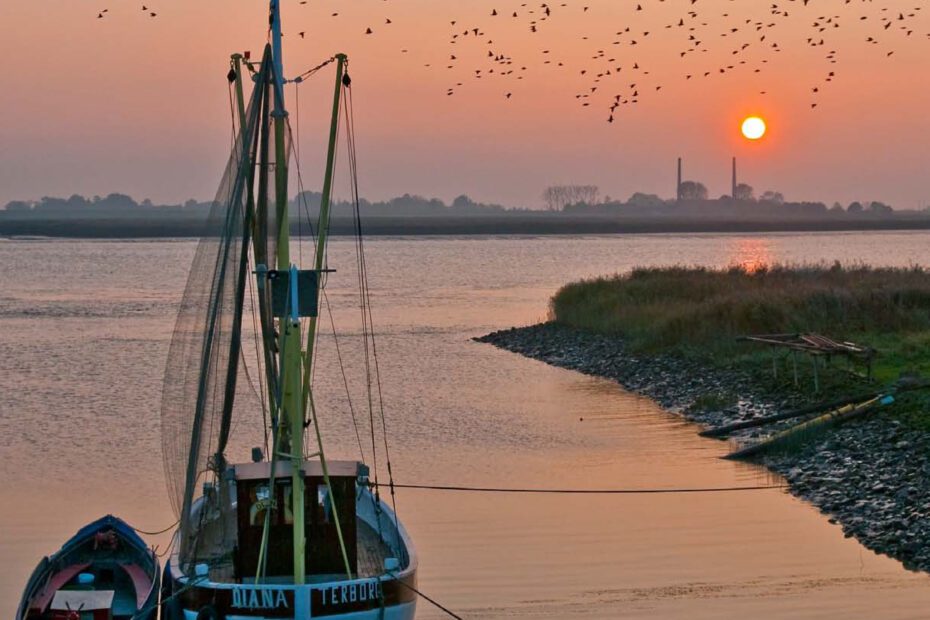
It is this down-to-earth mindset that Groote really likes. “We don’t need a lot of words to get on with each other. Perhaps because so many people still speak Low German. Things get sorted out much faster”, he says, and goes on to tell what happened at the 2016 “Merchants’ Meal” in Emden, when the long-standing town mayor Alwin Brinkmann asked him if he was going to stand for election to the office of chief district administrator or not. “It went like this: ‘Well?’ – ‘What?’ – ‘You know what. Do it.‘ And that was that”, tells Groote with a laugh.
His election was successful, he is now chief district administrator, with his career clearly marked out for the next few years. What about his private life? He’s still got some things on his to-do list. “I’d like to get my sailing licence. Not to sail around the world. The Große Meer lake in Aurich will do for the time being.” So it looks like Matthias Groote will actually be something like a captain in the end.

